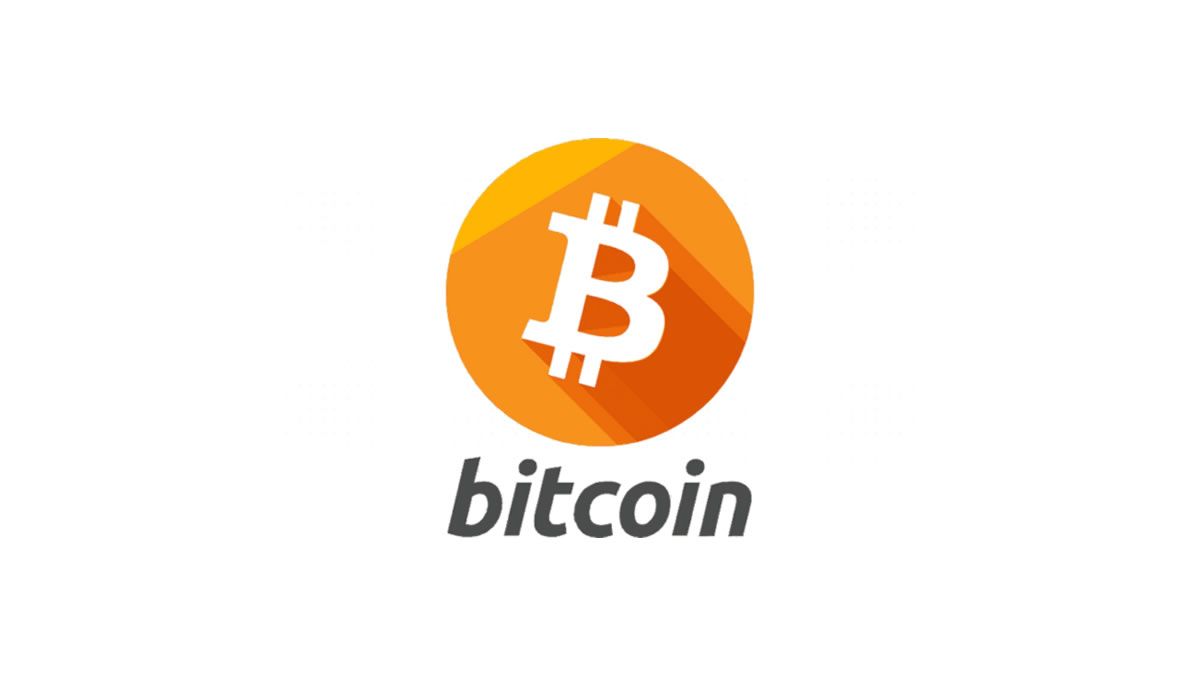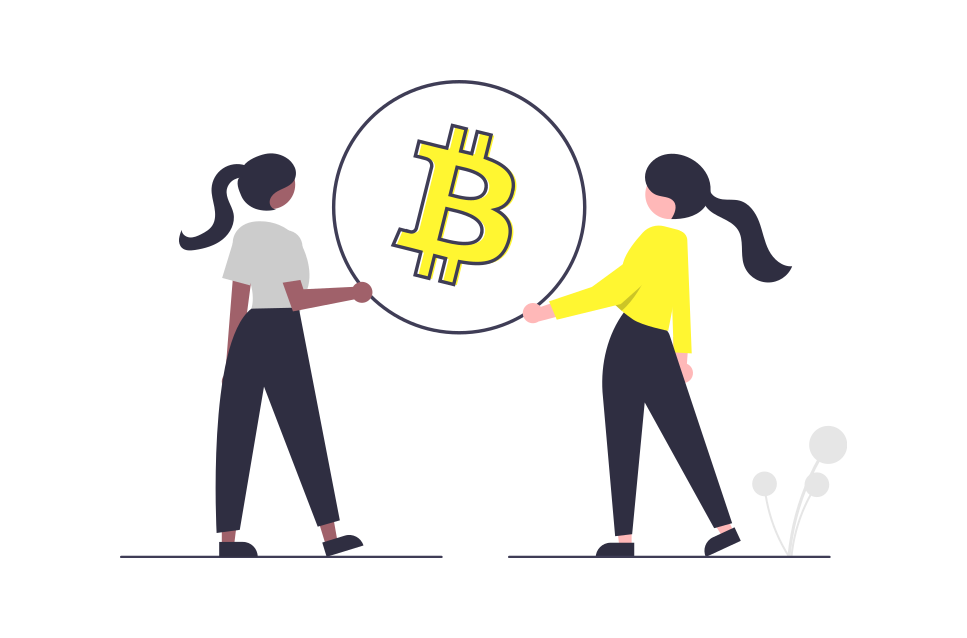
Bitcoin
Ever heard of a digital gold rush? That’s exactly what Bitcoin ignited over a decade ago. But unlike the pickaxes and pans of the 1800s, Bitcoin relies on complex cryptography and computer power. So, what exactly is this digital phenomenon, and how did it become a household name?
What is Bitcoin?
Bitcoin, sometimes called Bitcoin Core or BTC, is a peer-to-peer digital currency. Also, Bitcoin is:
- A Digital Currency: Bitcoin is a digital form of money, existing only electronically. You can’t hold it physically like a dollar bill.
- Stored in Wallets: Bitcoins are stored in digital wallets on your phone or computer.
- Transparent History: Every transaction involving a Bitcoin is recorded publicly, making it traceable and helping prevent theft or fraud.
- Cryptocurrency: Bitcoin is a type of electronic currency secured by cryptography, a complex math system that ensures its authenticity and security.
- Peer-to-Peer Network: Bitcoin transactions happen directly between users, bypassing banks or other intermediaries.
- Decentralized System: No single entity controls Bitcoin. It operates on a public network of computers around the world.
- Blockchain Technology: Transactions are bundled into “blocks” and linked together chronologically, forming a secure and tamper-proof record called a blockchain.
Bitcoin Price Chart
Under the Hood of Bitcoin: How it Works
Imagine a giant, global spreadsheet that tracks every single Bitcoin transaction ever made. That’s essentially the blockchain, the revolutionary technology that underpins Bitcoin. Transactions are bundled into “blocks” and added to the chain, with miners (powerful computers) solving complex puzzles to verify their legitimacy. Think of them as digital bloodhounds, sniffing out fraud on the network. Once a block is verified, it’s cryptographically linked to the previous one, creating an unalterable record. Pretty secure, huh?
The Satoshi Era: Brief History of Bitcoin
Bitcoin’s origin story is shrouded in a bit of mystery. In 2008, a mysterious figure (or group) known as Satoshi Nakamoto published a white paper outlining a concept for a peer-to-peer electronic cash system. This was the birth of Bitcoin.
Here’s the kicker: Nakamoto remains anonymous to this day, fueling endless fascination and speculation. But their creation? That’s a whole different story. Bitcoin quickly gained traction with tech enthusiasts and libertarians who saw its potential to bypass traditional financial institutions.
Fast-forward to today, and Bitcoin is a global phenomenon. Its price has fluctuated wildly over the years, but its impact on the financial landscape is undeniable. As Tesla CEO Elon Musk famously tweeted in February 2021: “In retrospect, it was inevitable that Bitcoin would be invented.”
What Makes Bitcoin Unique?
So, what sets Bitcoin apart from your everyday dollar or euro? Here’s a breakdown of its key features:
- Decentralized: No government or bank controls Bitcoin. The network is run by a distributed network of computers around the world.
- Scarce: There will only ever be 21 million Bitcoins in existence. This scarcity is a key factor in its perceived value.
- Transparent: Every Bitcoin transaction is recorded on the public blockchain, making it traceable and verifiable.
- Pseudo-anonymous: Transactions are linked to digital addresses, not individual identities.
Bitcoin Governance: Who’s in Charge?
The beauty (and some might say, the challenge) of Bitcoin is its lack of a central authority. Decisions about the network’s future are made through a process called consensus. Miners, who have significant computing power invested in the network, play a crucial role in this process.
Bitcoin Fact Sheet:
| Feature | Details |
|---|---|
| Official Website | https://bitcoin.org/ |
| Audits | N/A (Bitcoin’s security relies on its decentralized nature and economic incentives for miners) |
| Market Cap | $1,423,412,102,278 (as of March 10, 2024) |
| Exchanges | Thousands of cryptocurrency exchanges worldwide |
| ICO Date | N/A (Bitcoin was not launched through an ICO) |
| Documentation, Whitepaper | https://bitcoin.org/bitcoin.pdf |
Remember: The world of cryptocurrency is exciting, but also volatile. Do your own research before investing, and never put in more than you can afford to lose.
More About Bitcoin:
Related articles
- How to earn Bitcoins The most important standard mode for obtaining Bitcoins is by purchasing it on an exchange. Some people prefer to keep them for a while expecting the currency to appreciate, while others prefer to make the most of selling them when...
- Will Bitcoin ever die? Bitcoin is going through a huge transition right now. Bitcoin has been used in transactions all over the world, and it continues to grow in popularity. Many people wonder if Bitcoin will ever die, just like people used to wonder...
- Non-Fungible Tokens: The Guide Non-fungible tokens (NFTs) are a new type of token which is represented by unique cryptographic units, meaning that each token has a unique value. ...
- News Summary: Dogecoin Any investor with even a passing interest in cryptocurrency is probably wondering if they should buy Dogecoin now. We will start by explaining briefly what Dogecoin really is. [1] Dogecoin Price What is Dogecoin? Dogecoin is a decentralized, peer-to-peer digital currency,...


